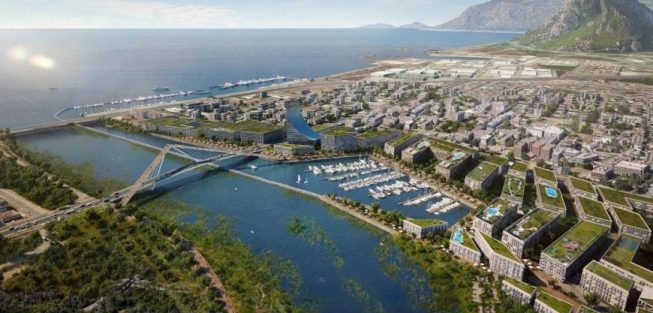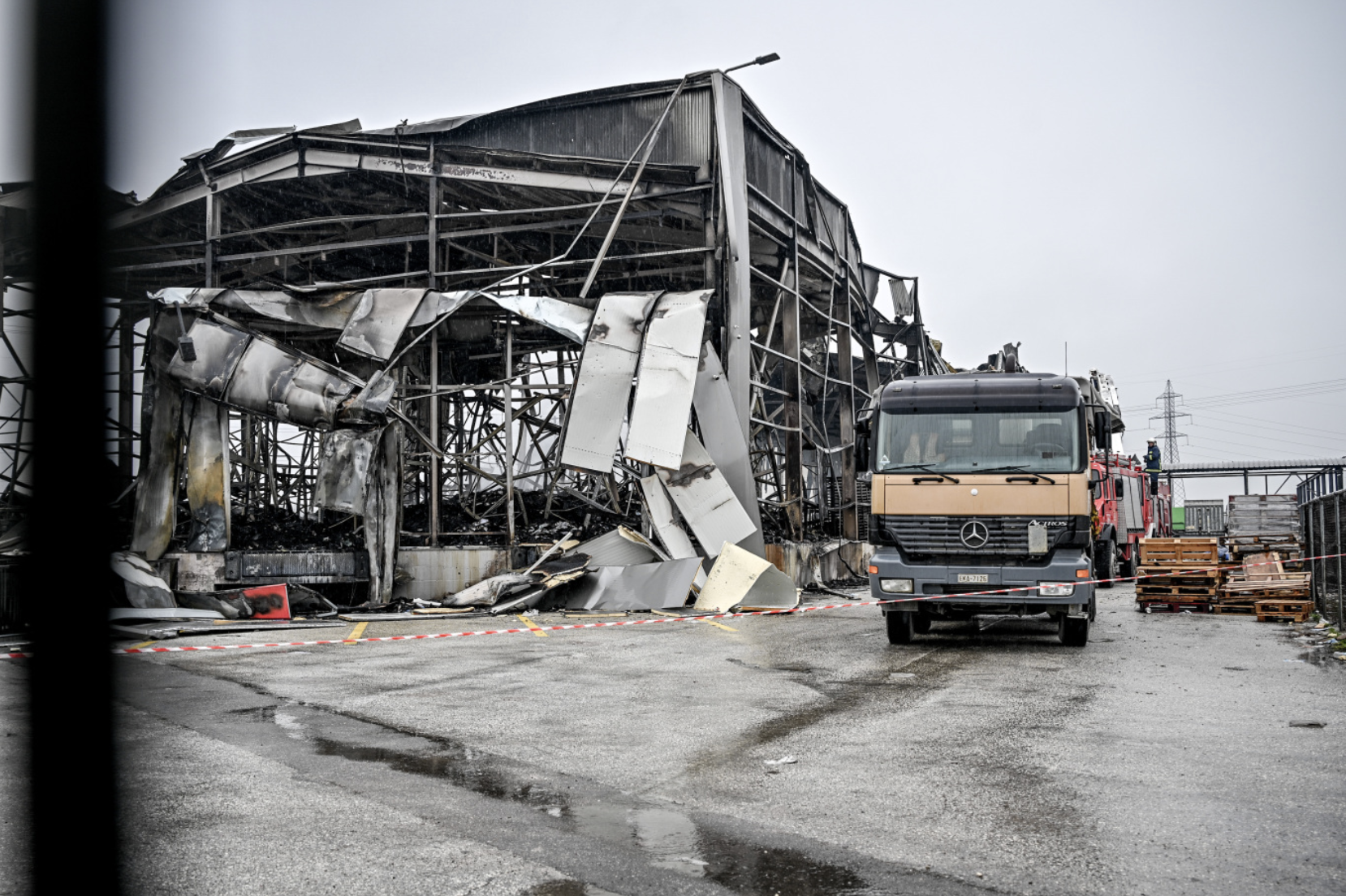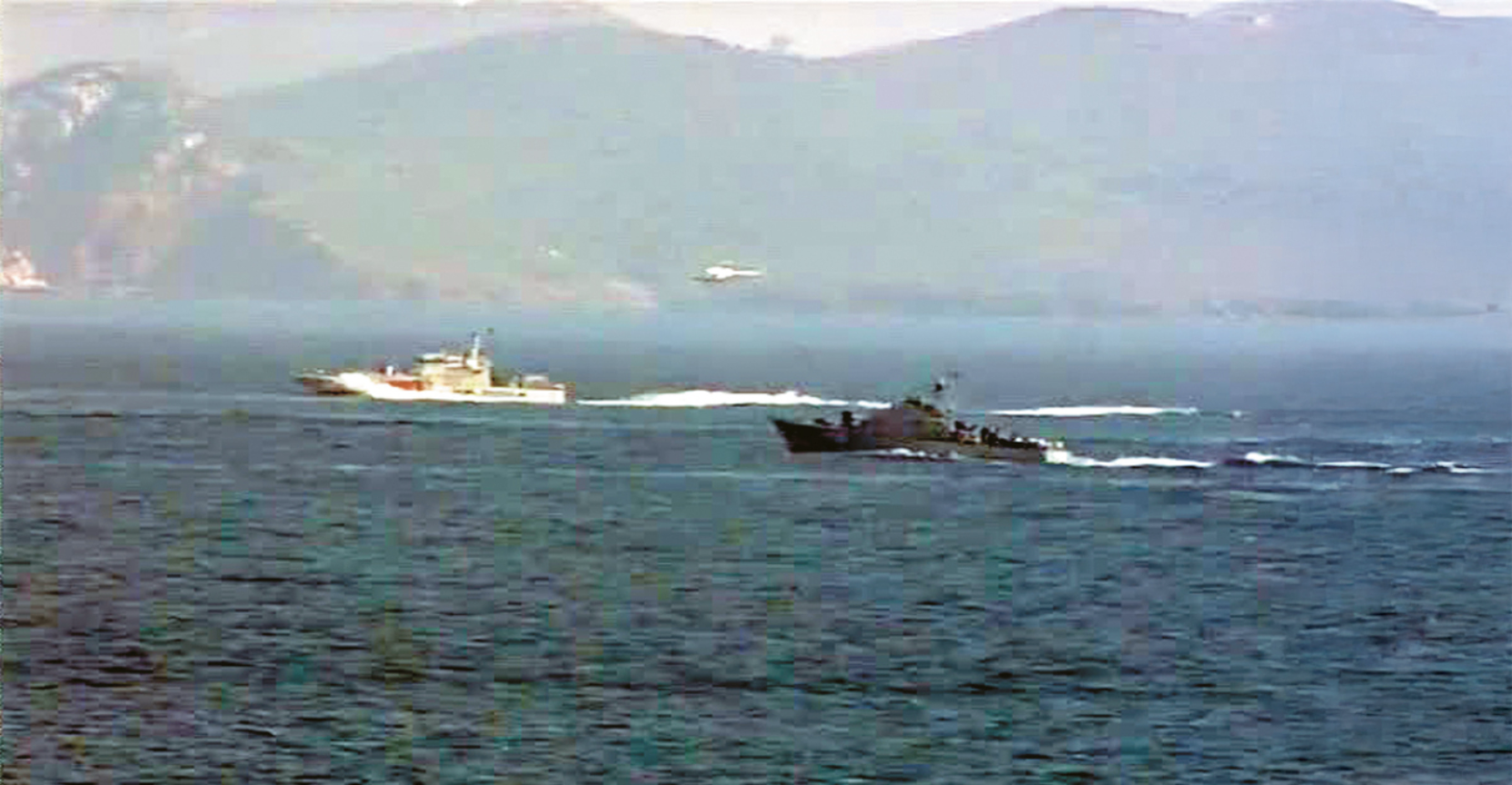Istanbul’s Bosphorus Strait is one of the world’s most crucial trade corridors, witnessing the passage of more than 41,000 vessels carrying nearly 650 million tons of cargo last year.
An 84-year-old treaty, the Montreux Convention, ensures Turkey’s control over the Bosphorus, along with the Dardanelles and the Marmara Sea, which are collectively known as the Turkish Straits and provide sole access to the Black Sea from the Mediterranean and Aegean. Montreux guarantees in peacetime the free passage of civilian vessels and naval ships belonging to the six Black Sea states, while restricting the flow of ships from other countries.
“The convention was sort of a way of ensuring everyone felt safe and comfortable,” maritime affairs analyst and diplomatic advisor Paul Pryce told Ahval in a podcast, “that no one was going to perpetrate another war for control of the straits that would cost human lives, but also so that there wouldn’t be some unilateral action by Turkey”.
President Trump signs executive order on US police reform
The Istanbul Canal – a planned 45-kilometer, $25 billion waterway linking the Marmara and Black seas, running parallel to the Bosphorus – could be the unilateral action that upends the convention, enrages regional states and even sparks conflict. Turkish President Recep Tayyip Erdoğan has described the canal, which he first proposed a decade ago, as an economic and transport safety project beyond the scope of the Montreux Convention.
“Basically, Turkey could apply any rules it wanted,” said Pryce, peering into a future in which the canal has already been built. “It essentially gives Turkey a chokehold on access between the Black Sea and the Aegean Sea”.
Read more: ahval
Ask me anything
Explore related questions





